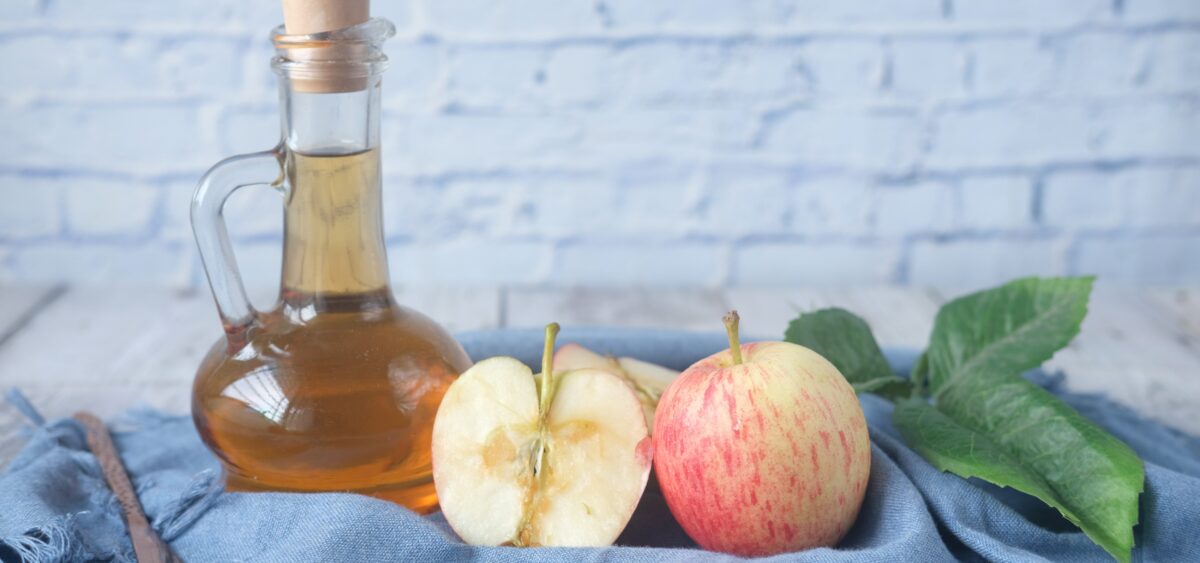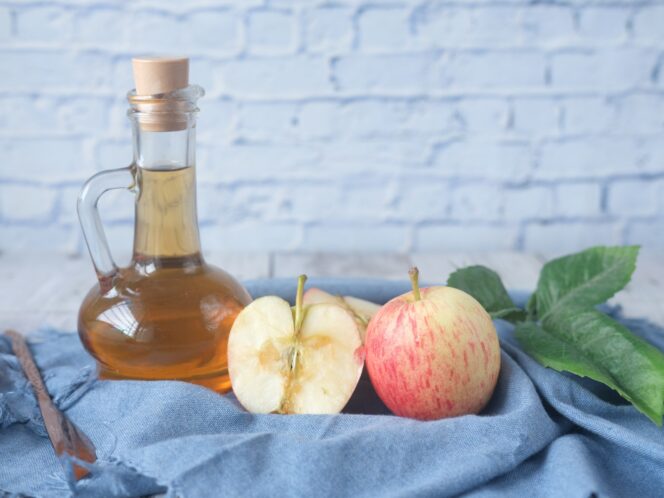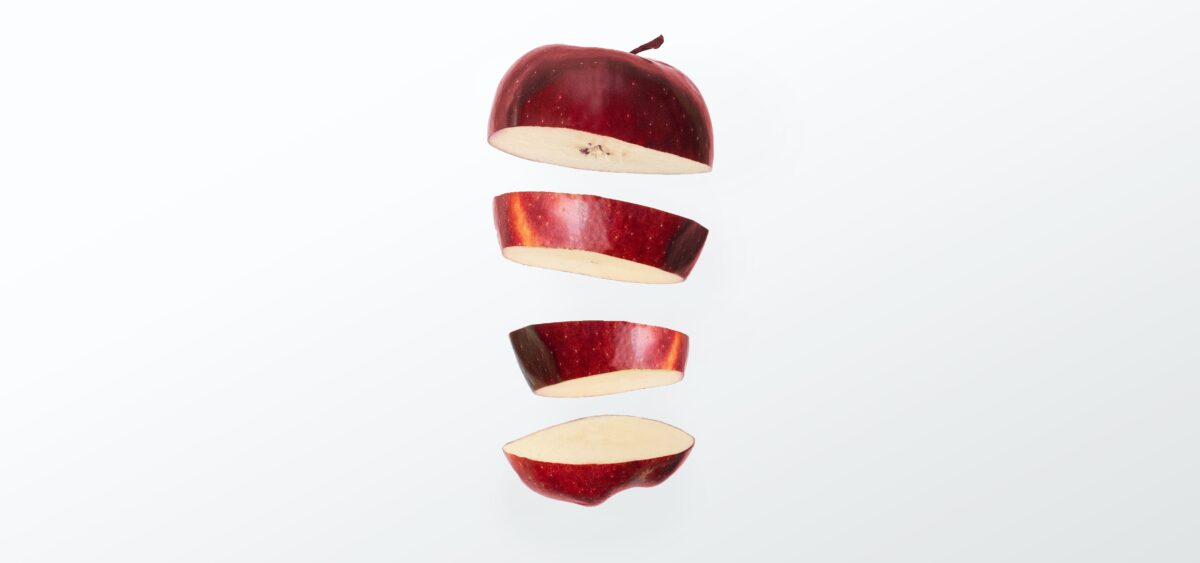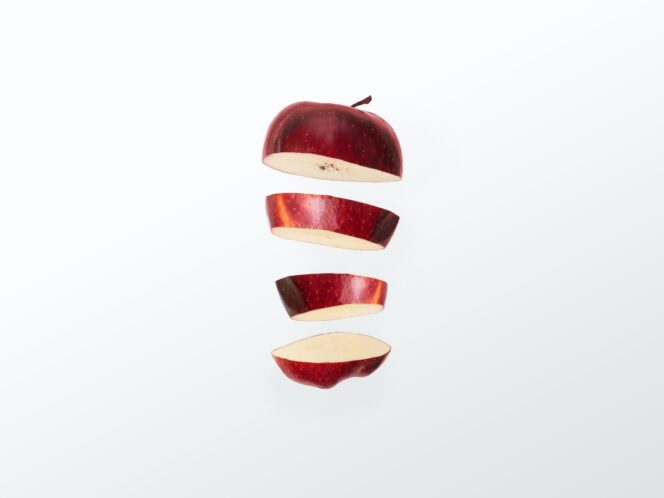
For several years, I have been turning everything I come across into vinegar. Anywhere I go—woods and meadows, markets and allotment, forest paths and clearings, riverbanks—I forage flowers, plants, weeds, herbs, berries, fruits, roots, and rhizomes. Vinegars once played an important role in herbal medicine. They were dethroned once distillation became popular—alcohol, as an excellent solvent for valuable plant ingredients, has dominated herbal remedies. I appreciate tinctures and I do make them myself, but my heart belongs to vinegars.
The best known herbal vinegar in the European herbal community is the four thieves vinegar supposedly invented during the Black Death epidemic. According to legend, it protected a group of looters from catching the disease, while others dropped like flies. Last year, I tried to make this concoction during a trip to southern France. Unfortunately, I wasn’t able to find all the necessary ingredients (angelica,








